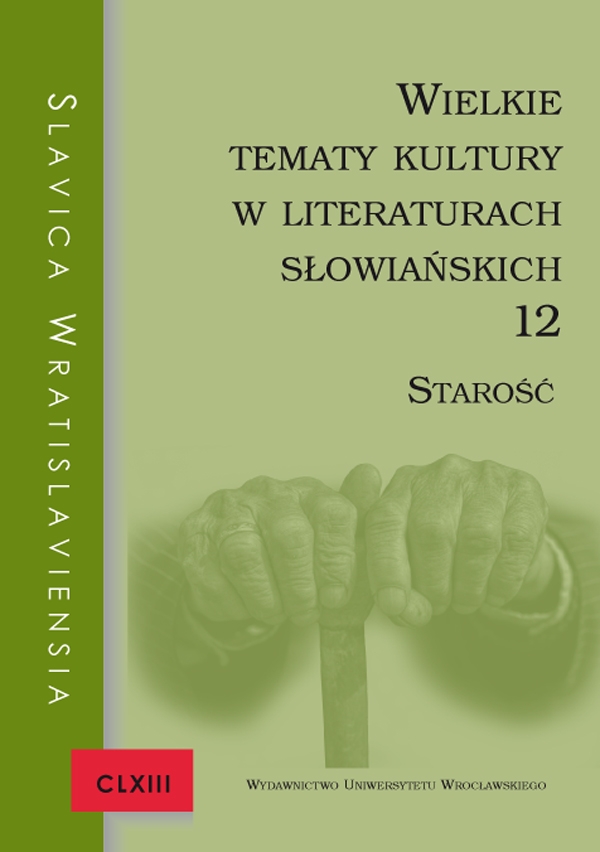

Artykuły

Reception of old age in the image of the character of the 18th century
The article analyzes the image of the character, whose formation has been associated with the value systems of the 18th century in Russia. Such a character has a structural characteristic of the archetype of the wise old man, the organizer of the world. It considers the transformation of the image at various stages of the literary process, typology identifies similar characteristics in the images of Starodum from the play of Fovizin “Nedorosl” and the old duke Nikolay Bokonsky: vigorous old age, the desire to live by the rules, harmonization of the life of the in-house space, appeal to the rational basis of life. The article identifies and analyzes the direction of values of young characters associated with the respect to old age images of old age in Pushkin’s novel “Kapitanskayia Dotchka” . The author’s attitude to the model of world, created by the heroes of old age, and the possibility of its continued existence — a phenomenon of chronocide, cyclic development of history, the hero leaving this life as an opportunity for the emergence of a new generation and preservation of traditions are assessed.
Recepcja starości i wizerunek postaci literackiej osiemnastowiecznego starego człowieka w literaturze rosyjskiej
W artykule ukazane zostały typologiczne analogie między postaciami starców, występującymi w utworach Fonwizina, Puszkina i Tołstoja. Autorka analizuje wizerunek tych postaci, których obraz związany jest z systemem wartości osiemnastowiecznej Rosji. Bohaterowie ci mają archetypowe cechy mądrego starca, „organizatora” ładu świata. Autorka artykułu wskazuje podobieństwa w wizerunkach Staroduma z komedii Fonwizina i starego księcia Nikołaja Bołkońskiego z powieści Tołstoja. Obie postaci łączą: energia życiowa, przyjęta hierarchia wartości, dążenie do zachowania harmonii w przestrzeni domu, odwoływanie się do racjonalnej podstawy życia. Przeanalizowany został także system wartości tych młodych bohaterów, którym bliski jest kult starości Griniow z powieści Puszkina Капитанская дочка. Autorka przedstawia swoje refleksje w kontekście takich zagadnień, jak: zjawisko upływu czasu, cykliczność w rozwoju historii, pojawienie się nowej generacji, zachowanie tradycji.